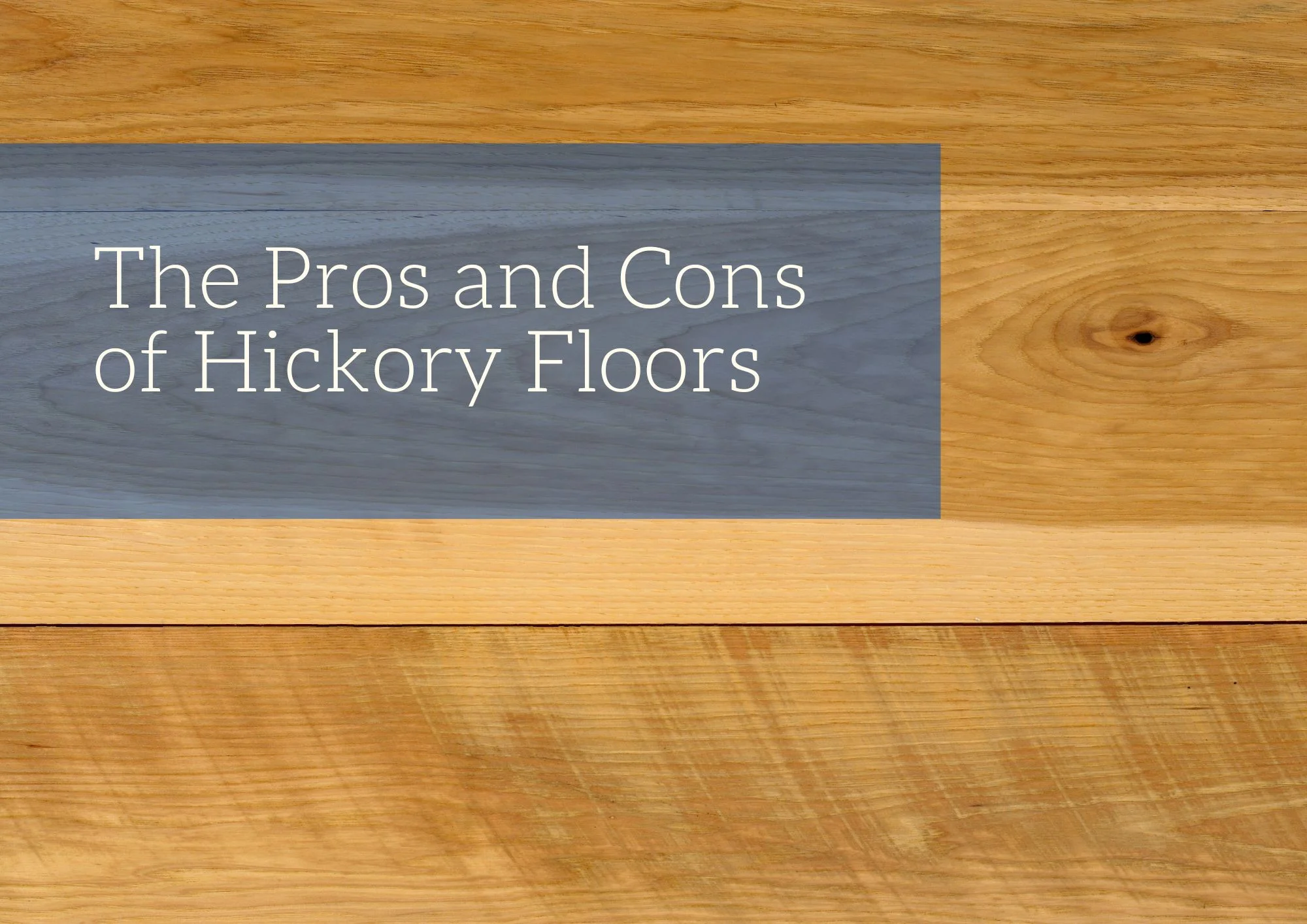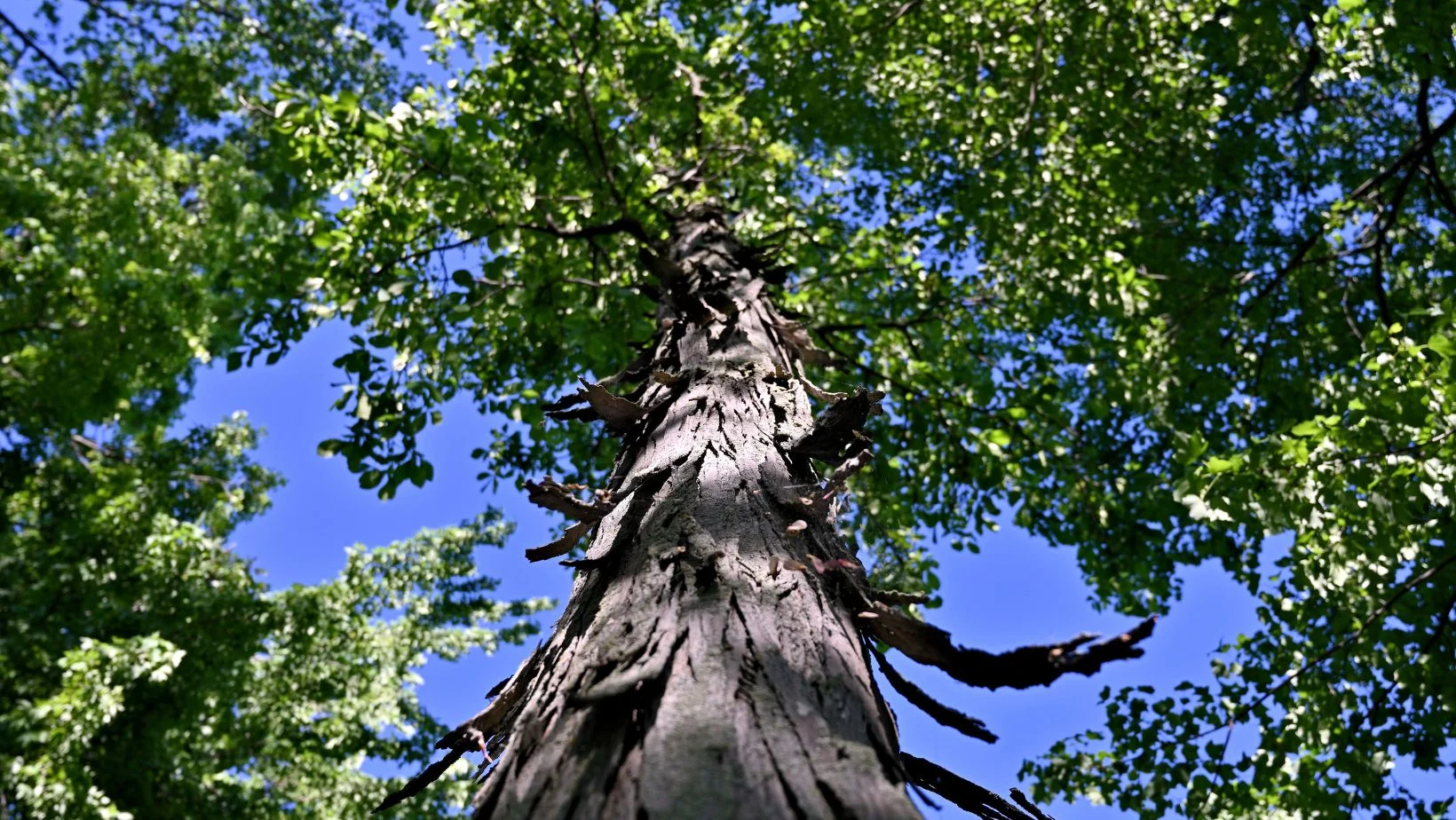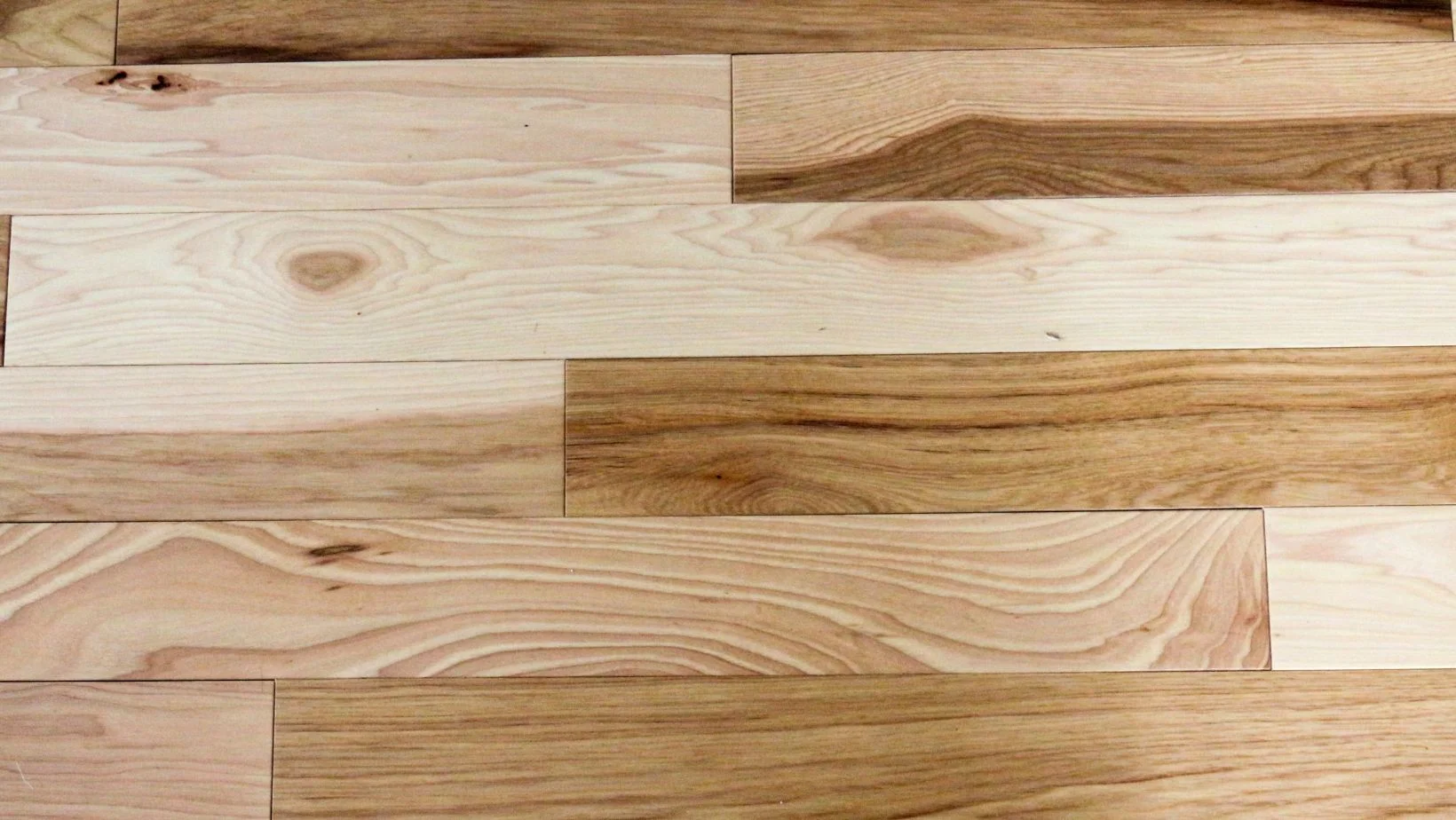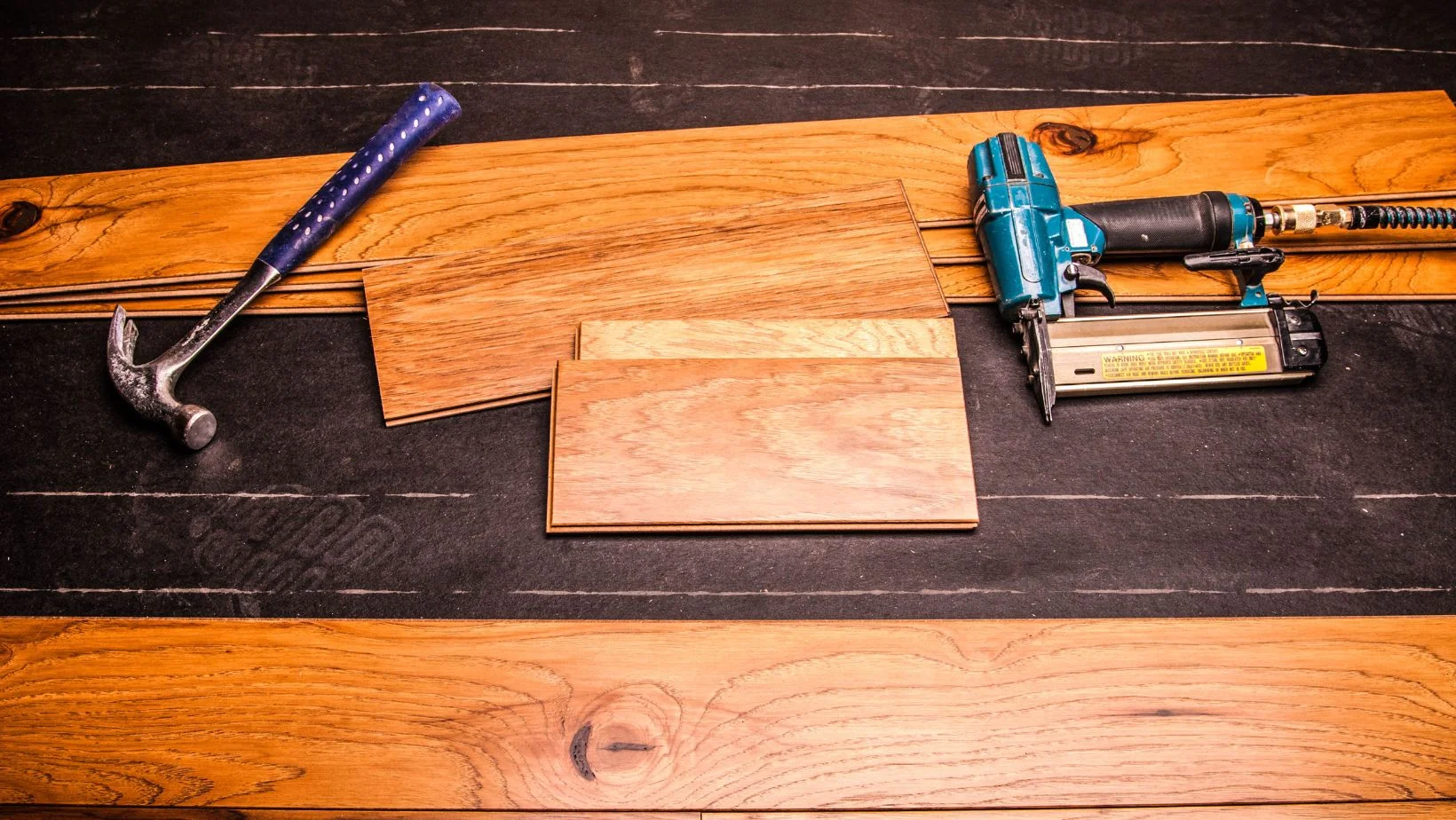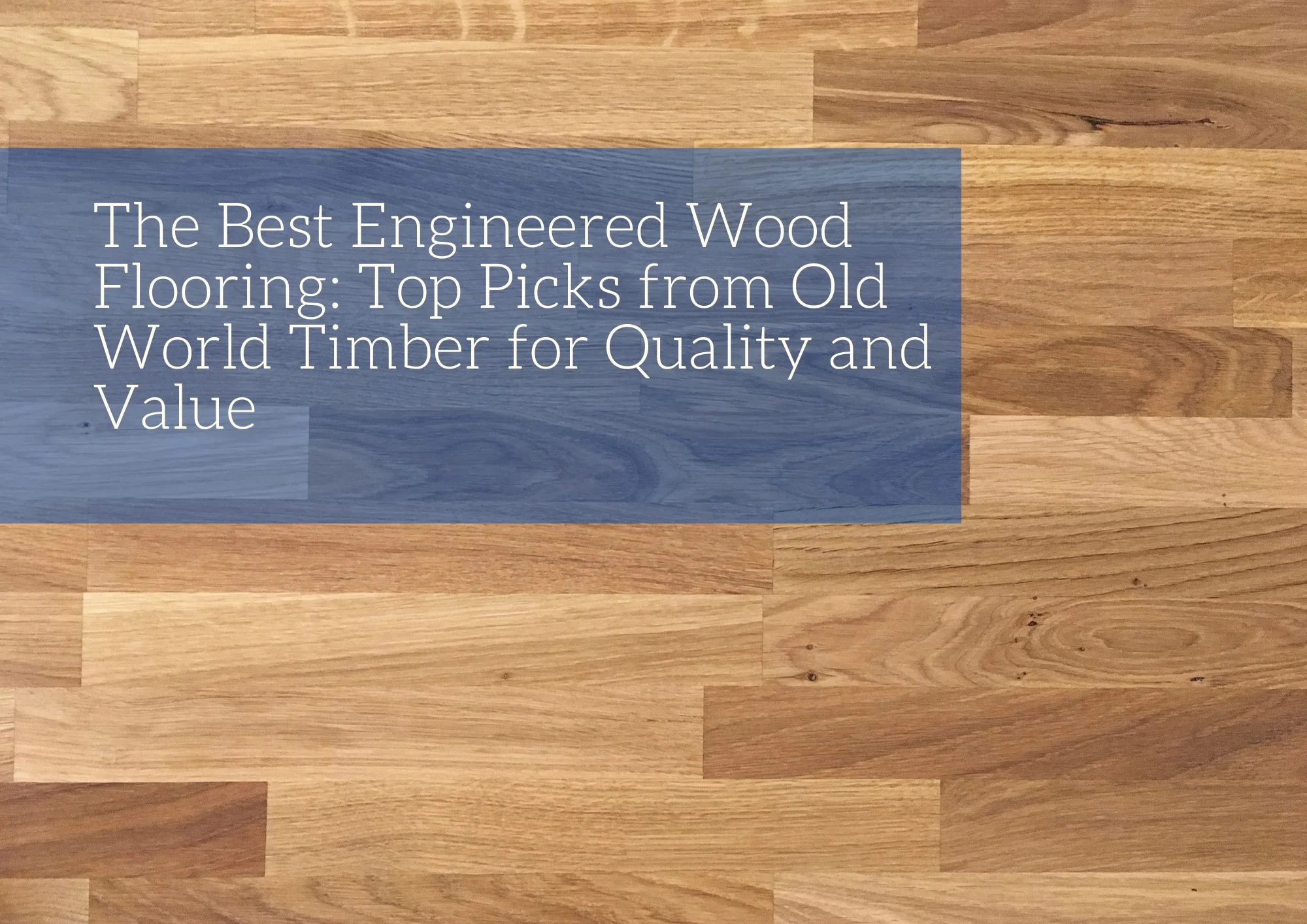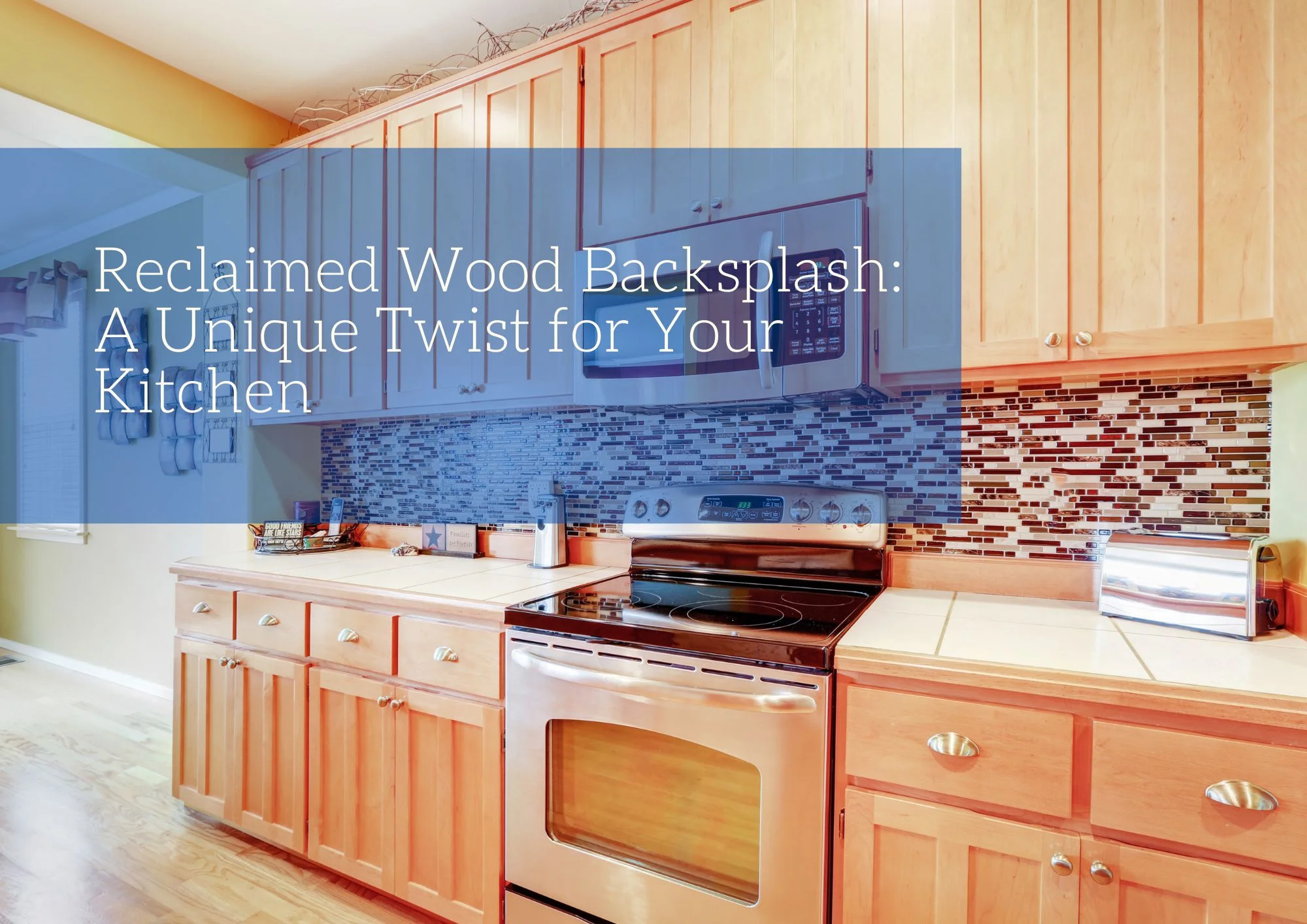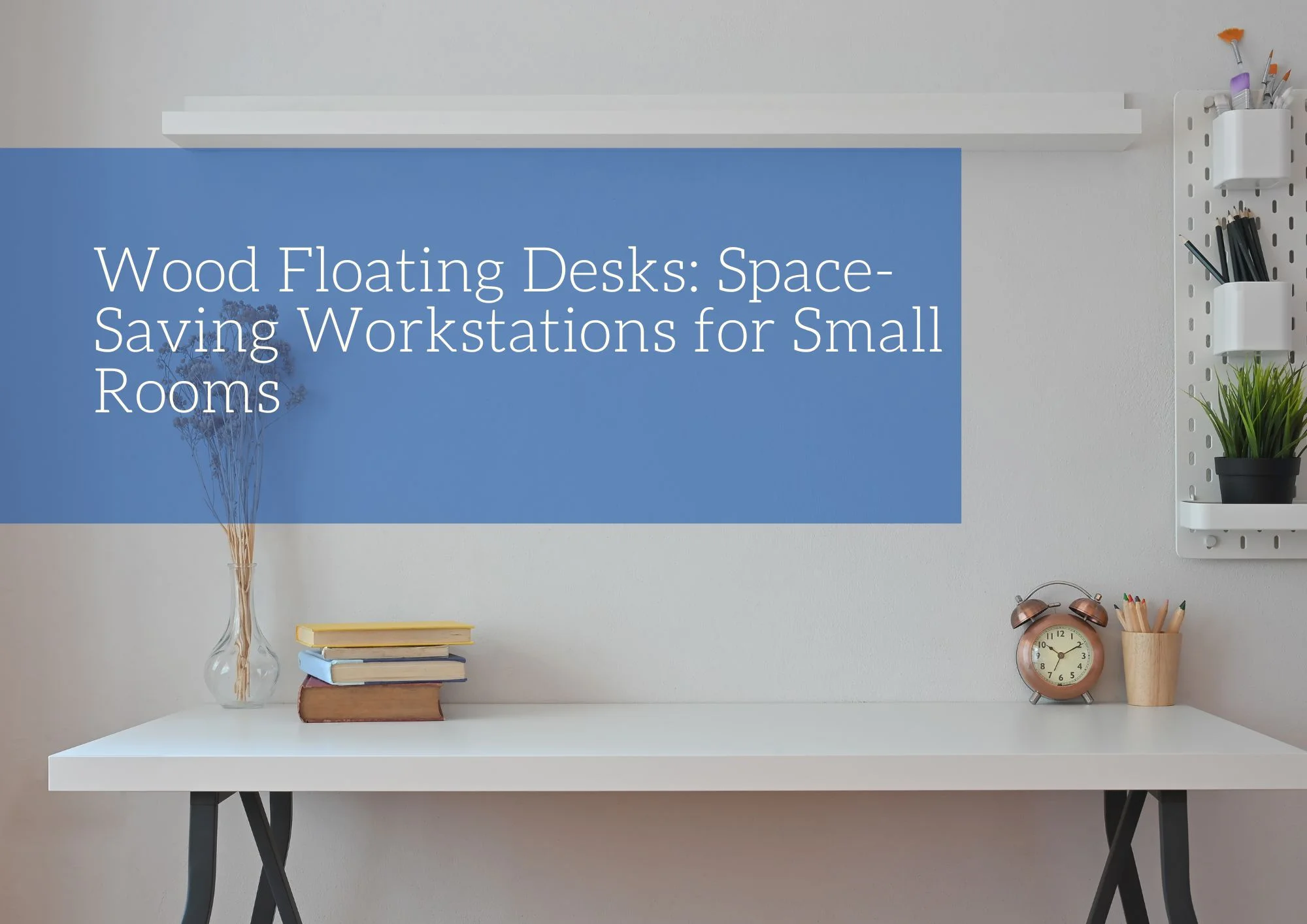A beautiful, classic hickory floor can be a luxurious addition to any home. Whether you are looking for an upgrade or want to transform your house into something new and stylish, this timeless flooring option is sure to both stand the test of time and improve the look and feel of any space. From its remarkable durability and diverse staining potential to the challenges that might arise during installation, this blog delves into the pros and cons, offering a comprehensive guide for those considering hickory floors for their home.
What Is Hickory Wood Flooring?
Hickory stands out as a widespread wood choice in the United States, but it’s not as abundant as other species like pine and oak. When harnessed for flooring, hickory shows off an array of nature-inspired shades, spanning from sunny yellows to subtle silvers. Plus, it’s surprisingly friendly to staining, making it a breeze to customize. Interestingly, its unique grain pattern rarely repeats itself, even if planks come from the very same tree.
Pros of Hickory Floors
Excellent Durability
Opting for hickory as your hardwood flooring comes with a major perk: its exceptional durability. Naturally, hardwood floors endure a fair share of wear and tear. With furniture shuffling around, bustling foot traffic, playful pets, energetic children, and the occasional mishaps involving dirt, food, and drinks, potential damage is a real concern.
This is where Hickory takes the spotlight. Boasting an impressive Janka hardness rating of 1820, this remarkable resilience translates into unmatched longevity.
If your household is a bustling hub of activity and you find yourself worrying about the toll it might take on your wooden floors, hickory flooring is a great choice.
Ease of Maintenance
A common problem with many types of flooring is the demanding upkeep they require. However, maintaining hickory hardwood floors doesn’t have to be a source of stress.
Unlike some other flooring options, hickory doesn’t require frequent refinishing. In fact, keeping hickory hardwood floors looking their best is both easy and budget-friendly. All you need to do is give them some occasional attention through simple cleaning, light vacuuming, or gentle mopping. You won’t find yourself shelling out excessive amounts for specialized products or professional treatments.
Takes Stains Well
Unlike many other hardwoods, Hickory has a special knack for taking on stains and finishes beautifully, holding onto them with grace. So, even if the natural light hue of hickory isn’t your cup of tea, don’t fret – you can easily tweak it to your liking by applying a stain and a protective wax coat.
What truly sets Hickory apart, however, is its captivating aesthetic. With its bold grain patterns and noticeable knots, hickory brings about a rustic charm that can either add warmth to a modern setting or perfectly complement a more traditional, country-style ambiance.
More Affordable than Exotic Species
While there are certainly more budget-friendly wood flooring options available, Hickory manages to strike a balance between affordability and the desirable blend of durability and aesthetics. It delivers the longevity and visual appeal you’re after, without requiring the investment associated with exotic wood types.
In the realm of high-quality hardwood flooring, hickory sits slightly above white oak in terms of cost, but the return on investment is unquestionably worth it. With hickory, you’re securing remarkable value that extends beyond just the initial expense.
Increased Resale Value
Hickory floors typically come with a higher price tag compared to oak floors, potentially contributing even further to the enhanced market value of your property in comparison to more conventional wood flooring options.
Nevertheless, it’s essential to acknowledge that hickory’s unique aesthetic draws a specific group of people. While not everyone might be a fan of its natural look, those who do appreciate it, really do.
Cons of Hickory Floors
Costly
Price and quality share an unbreakable connection. When hickory flooring comes at a lower cost, it often comes with more noticeable knots, intricate swirls, and disparities in board coloration.
Difficult to DIY
Working with hickory can be a challenge due to its hardness. For DIY enthusiasts, cutting and shaping hickory to achieve a seamless fit can prove to be quite the task.
Requires a Perfect Subfloor
A crucial factor to consider is the state of the subfloor. Even if you opt for engineered hickory installed as a floating floor, the subfloor must be in impeccable condition. Any disrepair could lead to moisture accumulation and subsequent damage to the planks from beneath.
Possible VOCs
During the manufacturing process, certain volatile organic compounds (VOCs) might be released. Depending on the specific type and brand of hickory boards you acquire, the adhesives and techniques employed could contain VOCs. To be well-informed, it’s wise to consult the manufacturer or review the product details before making a purchase.
As we wrap up our journey through the world of hickory floors, it’s clear that they bring a mix of upsides and downsides to the table. These floors are more than just a surface; they’re a statement. From their ability to handle the hustle and bustle of life to the ease of installation and maintenance, hickory floors are a unique choice that’s full of character. So, whether you’re dreaming of that rustic touch or the unbeatable durability, keep in mind that hickory floors come with their own set of trade-offs.


